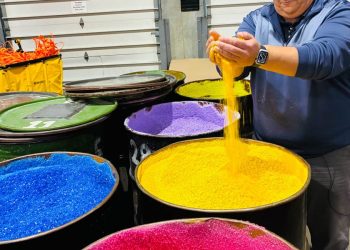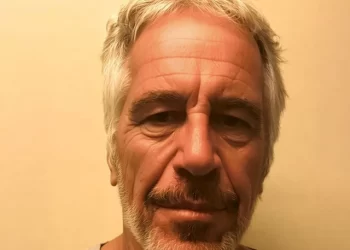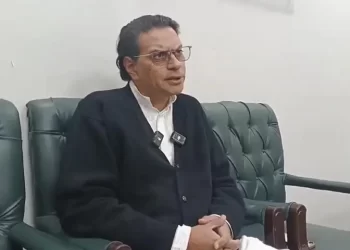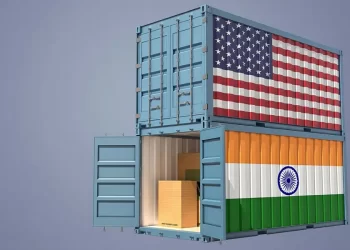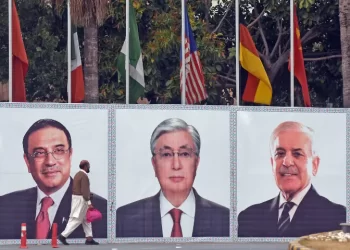Parts of northwest India sweltered under scorching temperatures on Saturday, with the capital New Delhi under a severe weather alert as extreme temperatures strike parts of the country.
India’s weather department expects heat wave conditions to persist across the north for the next few days, and has put several states on high alert.
On Friday, parts of New Delhi reported up to 47.1°C. The nearby states of Punjab, Haryana and Rajasthan also saw temperatures soar and are likely to stay high over the next few days. The summer heat has intensified in Gujarat, prompting the state weather department to issue an orange alert till May 21.
Temperature is expected to range between 43°C and 45°C across the state. The alert covers major cities, including Ahmedabad, Gandhinagar, Bhuj, Amreli, and Rajkot.
An orange alert for heat is a weather warning issued by meteorological agencies to indicate extreme heat conditions that pose a significant risk to public health.
It is the second-highest warning level, typically indicating more severe conditions than a yellow alert but not as critical as a red alert. An orange alert is issued when temperature is expected to be very high, often in the 40-45°C range. A man sleeps in a public park as severe heat grips Lucknow. AFP
A man sleeps in a public park as severe heat grips Lucknow. AFP
Himmatnagar recorded 45°C temperature followed by Surendranagar (44.7°C), Deesa (44.4°C), Ahmedabad (44.2°C), Gandhinagar (44°C), Bhuj (43.8°C), Rajkot (43.7°C), Amreli (43.2°C), Vadodara (42.2°C), Chotaudepur (41.4°C), Dang (41.1°C), Bhavnagar (39.7°C), Valsad (39.2°C), Dahod (38.9°C), Jamnagar (38.3°C), Ankleswar (37.5°C), Porbandar (36.7°C), Surat (35.8°C).
Rajasthan is witnessing an intense heatwave with over 40°C in most parts except Mount Abu which recorded a maximum temperature of 35.8°C. Jaipur MeT Centre Head RS Sharma said that Barmer recorded the highest maximum temperature of 46.5°C.
“Barmer is the second hottest city in the country,” Sharma said. He said that Agra has been the hottest so far with a temperature of 46.9˚C. “The heat is likely to continue for the next one week. There will be no significant changes,” he said.
Soma Sen Roy, a scientist at the India Meteorological Department, cautioned people against going outdoors under the afternoon sun, drink lots of water and wear loose-fitting clothes while those who are especially vulnerable like the elderly should stay indoors. A rickshaw puller sleeps as severe heat grips Lucknow. AFP
A rickshaw puller sleeps as severe heat grips Lucknow. AFP
The extreme temperatures in northern India coincide with a 6-week-long general election, with experts worried that the heat wave could increase health risks as people wait in long lines to cast their vote or candidates campaign aggressively in the outdoors. One minister fainted due to heat last month while addressing an election rally in Maharashtra state.
Satish Kumar, a 57-year-old rickshaw driver in the capital, said his work was suffering because of the heat. “People are not coming outside, (markets) are nearly empty,” he said.
Pravin Kamath, a 28-year-old who runs a cart selling cold drinks, complained that it was so hot he could hardly stand being outdoors. “But I must work. What can I do? I am poor so I have to do it.”
Extreme heat is fast becoming a public health crisis in India, with more than 150 people dying last year during heat waves.



